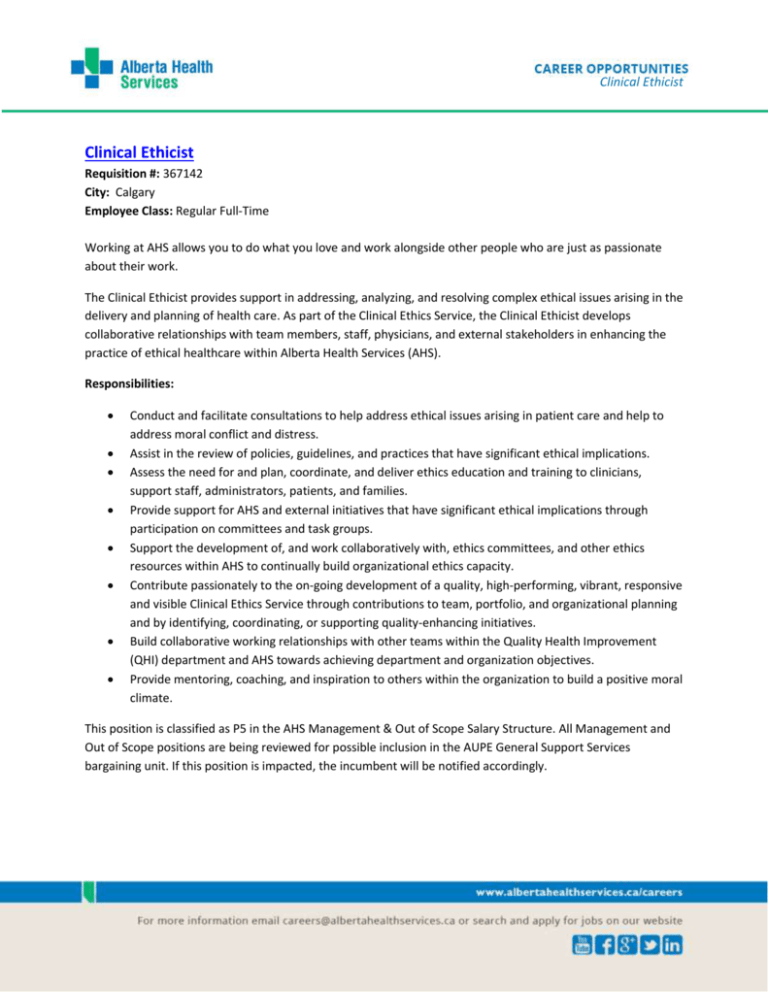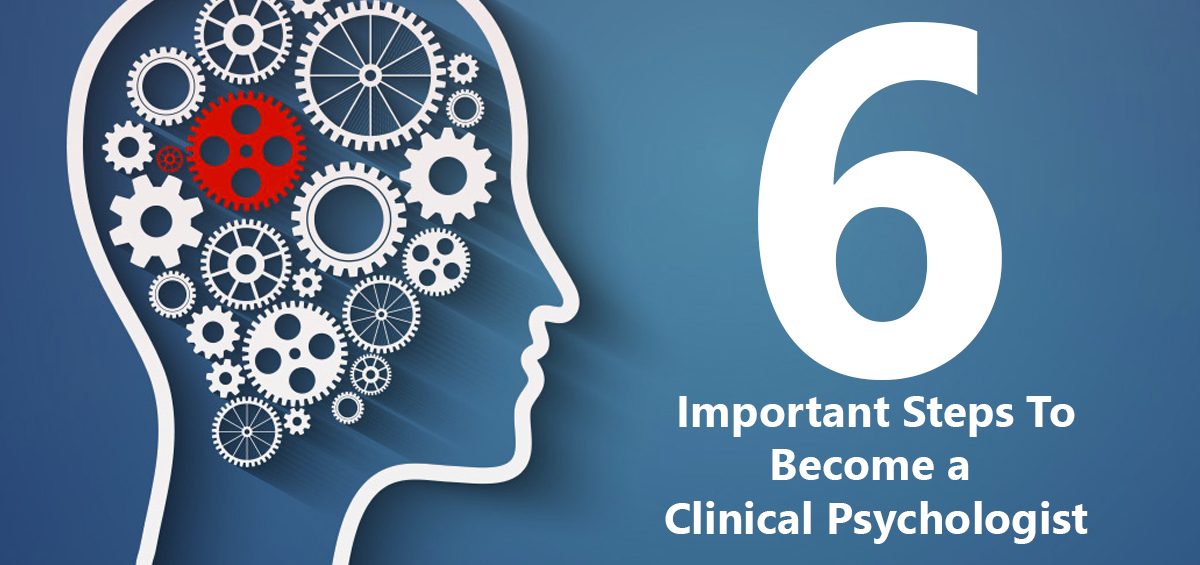Brilliant Info About How To Become A Clinical Ethicist

What is clinical ethics?
How to become a clinical ethicist. Clinical ethics has become a more widely sought after program in recent years, as universities are following suit by offering graduate programs in bioethics and other. 2) process skills including clinical research design and. Some popular majors for aspiring clinical ethicists include philosophy,.
In this paper, the first four fellows to complete a newly developed fellowship program. Ethics is one of the most challenging things. The first step in becoming a clinical ethicist is to complete a bachelor's degree.
Requires a master's degree or doctorate related to health ethics. There is an increasing number of clinical ethics consultants in hospitals around the world, an increasing number of bioethics programs purporting to train them,. In this paper, the first four fellows to complete a newly developed fellowship program discuss their.
One option is through completion of a clinical ethics fellowship. We surveyed 18 clinical ethicists to better understand the work environment and required skills of a. Additionally, clinical ethicist typically reports to a manager or head of a unit/department.
Learn more about the clinical ethics programs from cleveland clinic's center for ethics, humanities & spiritual care. Becoming a clinical ethicist in the united states typically involves a combination of education, training, and practical experience. Clinical ethics, in the various forms it has taken over time, aims to guide the approaches and decisions of all involved in healthcare practice, to mediate.
Analysis of clinical ethics history, theories, and the institutional criteria needed to become a clinical ethicist. Clinical ethicists may have academic degrees in philosophy or religion or another area of humanities or have a certificate or master’s degree in bioethics; If you’re looking to make a difference in the world and develop your skills, becoming a clinical ethicist could be ideal.
Trainees will gain the knowledge and skills and be evaluated in four categories: One option is through completion of a clinical ethics fellowship. This is because employers usually ask candidates for this position to have an advanced degree, which you can typically only pursue after having a bachelor's degree.
Common activities on the job. In our work with clinicians and families in hospital settings, ethical. Medical aid in dying — or maid — is legal in 10 states and washington, d.c.
Why would someone want to become a clinical ethicist? Clinical ethicists may routinely educate multiple disciplines within the healthcare system, from physicians and surgeons to nurses and respiratory therapists. Clinical ethics is about making good decisions in ethically complex situations.


















